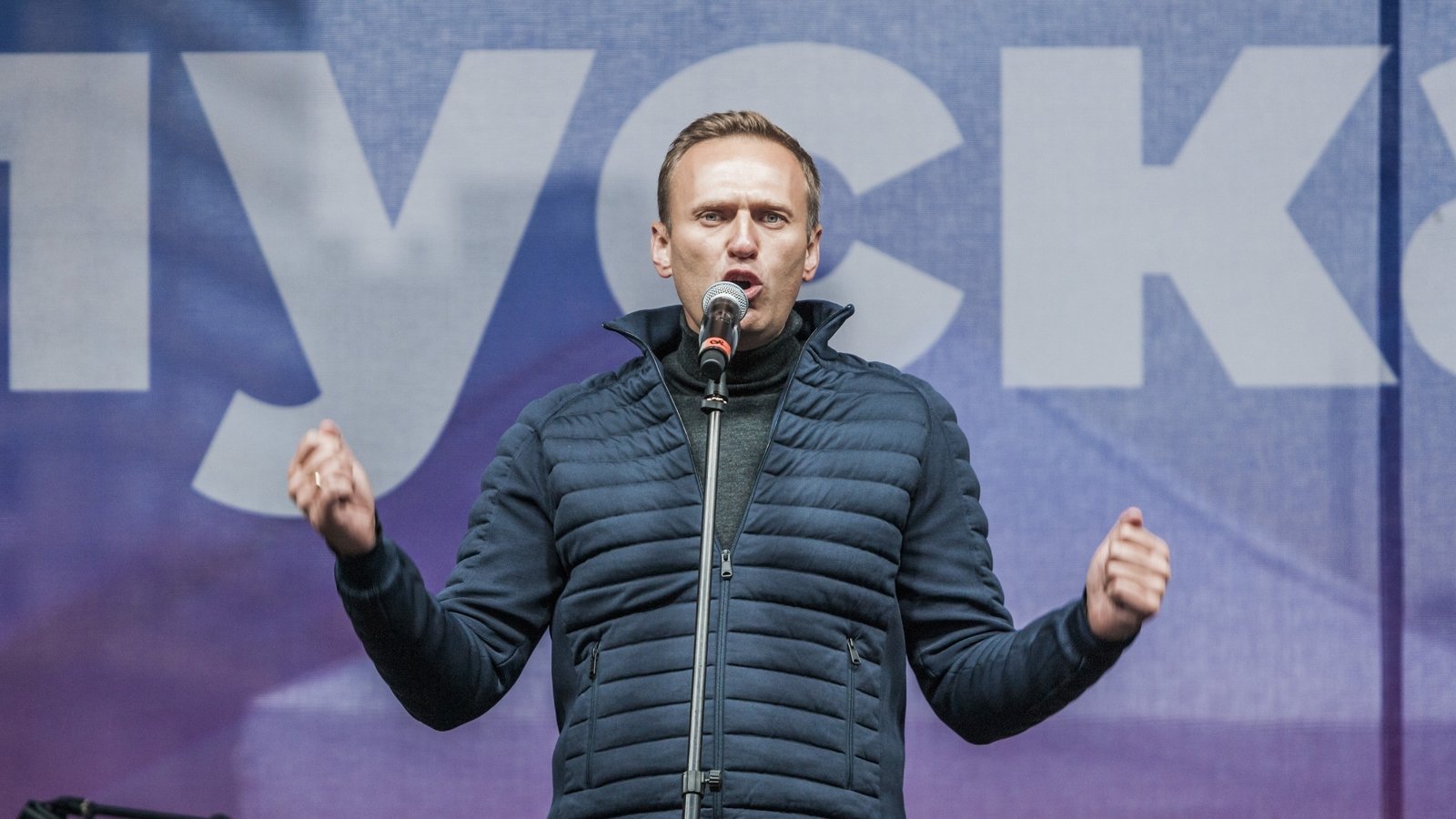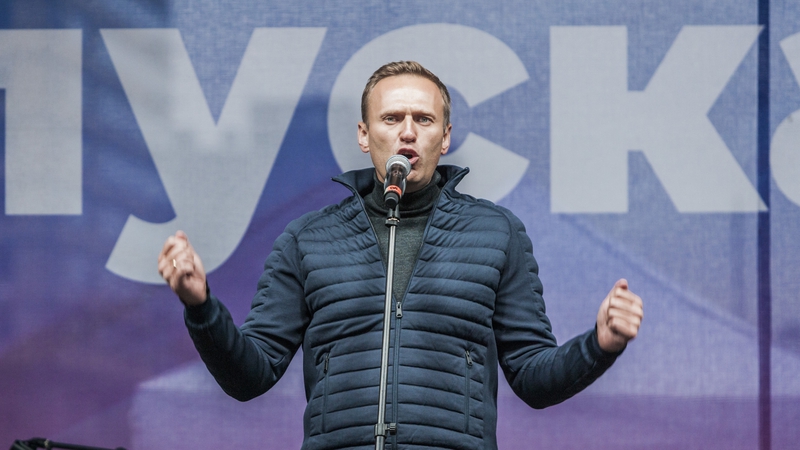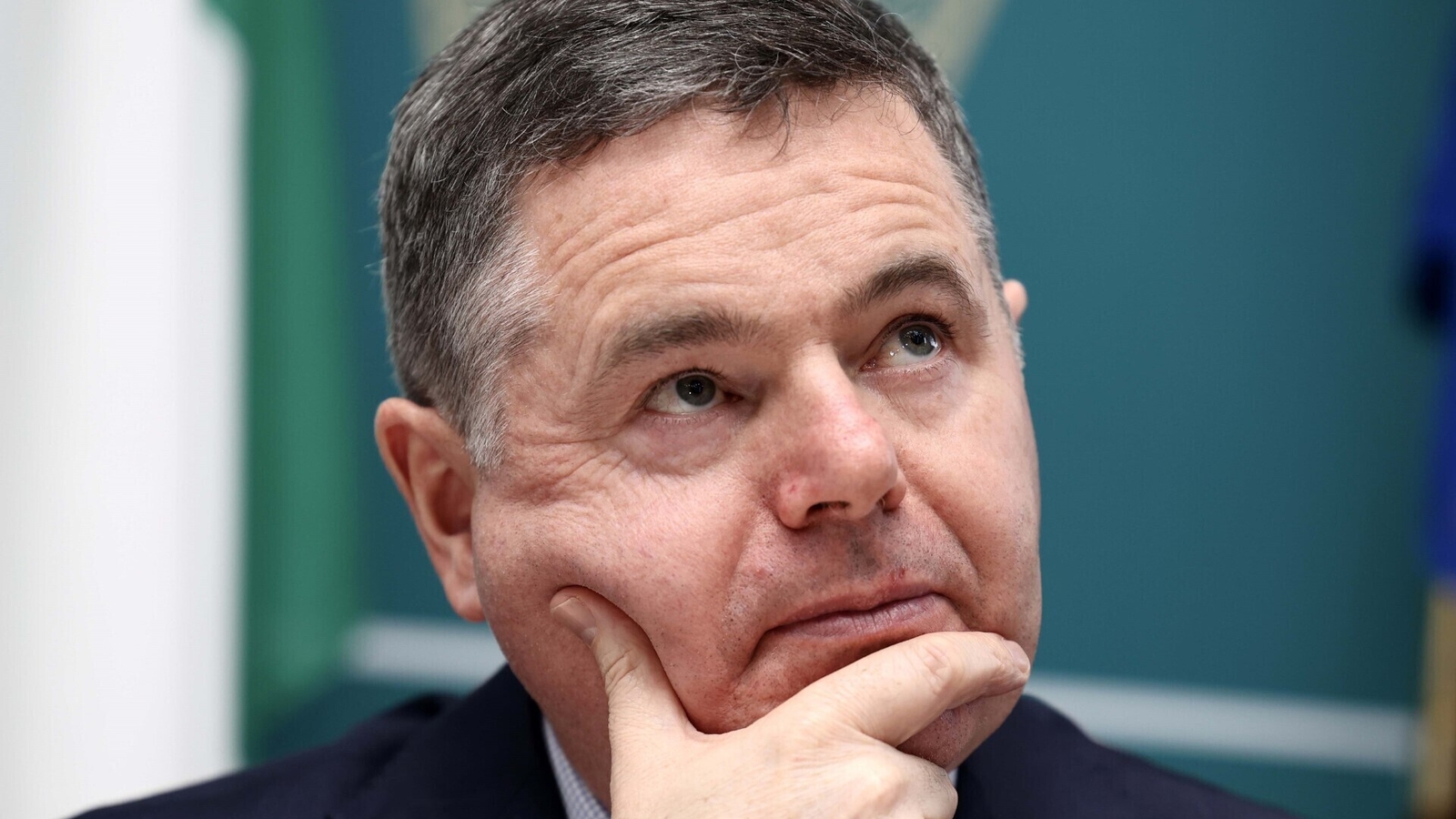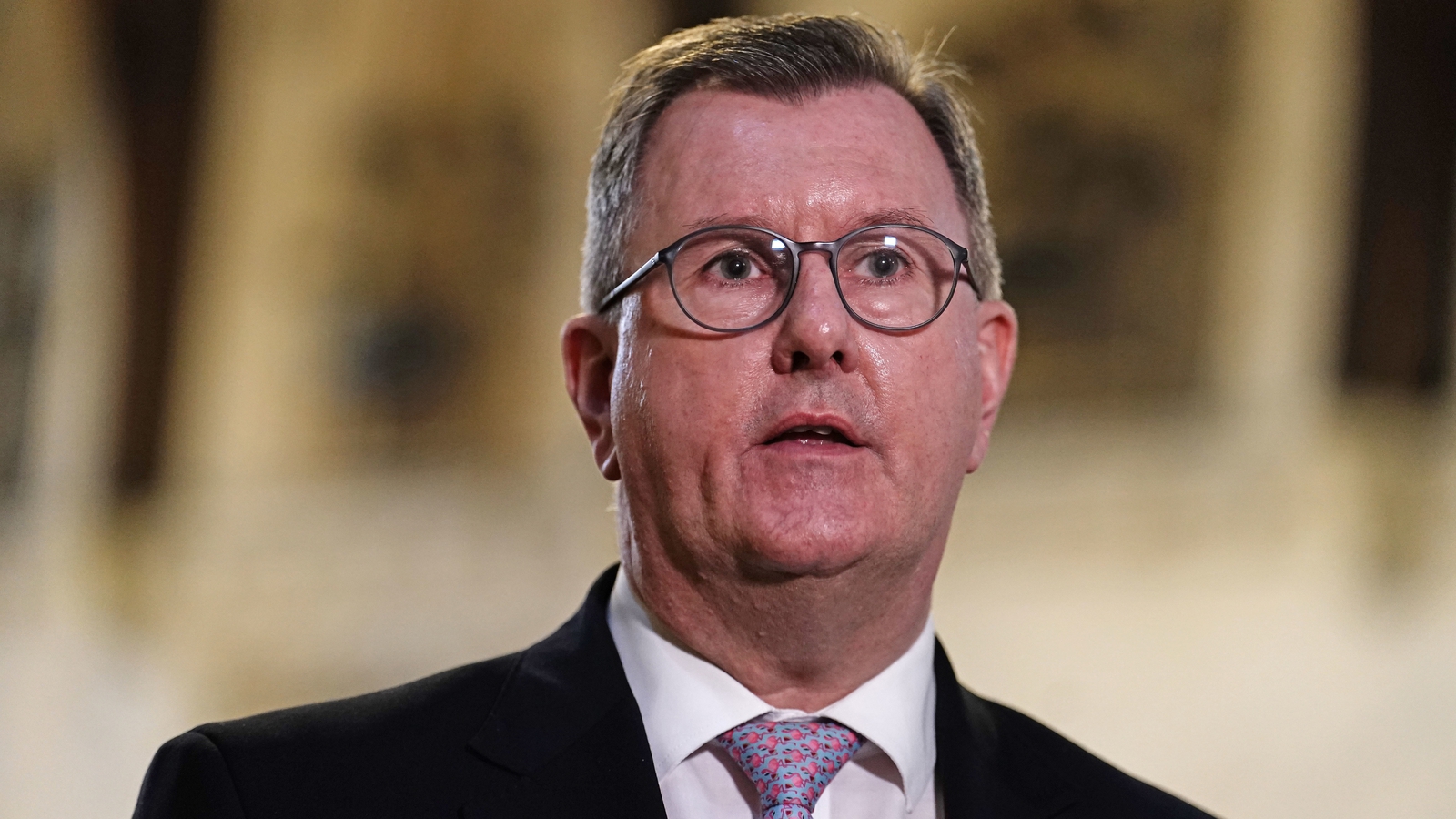Navalny supporters given prison sentences in Russia


A Moscow court has sentenced two university students to more than three years in prison each for their involvement with the late opposition leader Alexei Navalny.
Russia in 2021 outlawed his organisations as “extremist” and has handed down lengthy prison sentences to several of the Kremlin critic’s aides and supporters.
Moscow’s Khoroshevsky District Court sentenced Ivan Trofimov, 23, and 22-year-old Alina Olekhnovich to three-and-a-half years in a penal colony on charges of participating in an “extremist” organisation, state media and rights groups reported, citing the court’s press service.
Mr Navalny died in an Arctic prison colony last month, where he was serving a 19-year sentence widely seen as political retribution for campaigning against the Kremlin.
His allies have accused President Vladimir Putin of ordering his killing and Western leaders say the Russian leader is “responsible” for his death.
Read more:
Russian opposition leader Alexei Navalny dies in prison
Navalny widow urges Russians to join election day protest
Can there be a Russian opposition after Navalny?
Olekhnovich and Trofimov – contemporary art students at Moscow’s Higher School of Economics – were arrested in July 2023, according to the Memorial human rights group.
Most of Mr Navanly’s top aides fled into exile as the group was targeted by Russian authorities.
Following his death last month, his wife Yulia Navalnaya pledged to continue her husband’s work.
Don’t be afraid of Putin, Kremlin tells Lithuania
The Kremlin has declined to comment on a hammer attack on an aide to Alexei Navalny in Lithuania, but said people should respect and listen to President Putin rather than be afraid of him.
Lithuania blamed Moscow for the assault on Leonid Volkov outside his home in the capital Vilnius where various exiled Russian opposition figures live.
Lithuanian President Gitanas Nauseda said: “I can only say one thing to Putin – nobody is afraid of you here”.
Asked about the comments, Kremlin spokesman Dmitry Peskov agreed that there was no need to fear the Russian leader.
“Putin should not be feared, Putin should be respected and listened to,” Mr Peskov said.
The Kremlin could not comment on the attack itself since it happened in a different country, he added, advising reporters to seek further information from the authorities in Lithuania.





